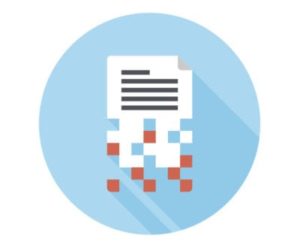Onfido broke down some of the strengths and weaknesses of different kinds of two-factor authentication (2FA) in a new post on the company blog. The company notes that any form of 2FA will offer more protection than a password alone, but goes on to argue that knowledge and item-based forms of authentication are more vulnerable and more inconvenient than biometric alternatives.

Onfido first explains that there are three primary forms of 2FA. The first authenticates an individual based on something they know, whether that something is a PIN or the answer to a security question. Unfortunately, such factors are often little better than passwords. A security question becomes inconvenient if the answer is too difficult to remember, and simultaneously cannot be relied on if a hacker can figure out the response.
The second kind of 2FA verifies an identity using something the user has. Examples include smartphones and hardware tokens, and they can prevent someone from gaining access if they do not have the necessary device. However, object-based security can be compromised if that object gets lost or stolen, and a text sent to a user’s smartphone can be intercepted through phishing or other means.
Biometric identifiers, on the other hand, authenticate individuals based on something they are. Those signifiers are inherent traits like a face or a fingerprint, which cannot be lost, hacked, or stolen. They are also relatively easy to use. People are already using biometrics to unlock personal devices like smartphones, and Onfido believes that biometric security will only become more widespread as people become more comfortable with the technology.
Of course, Onfido itself is a provider of biometric authentication services. The company recently teamed with Okta to streamline onboarding and account recovery, using facial recognition to compare a selfie to the picture on a photo ID. It is also working with the UK government to develop immunity credentials that could potentially allow businesses to reopen in the wake of the COVID-19 pandemic.

Follow Us